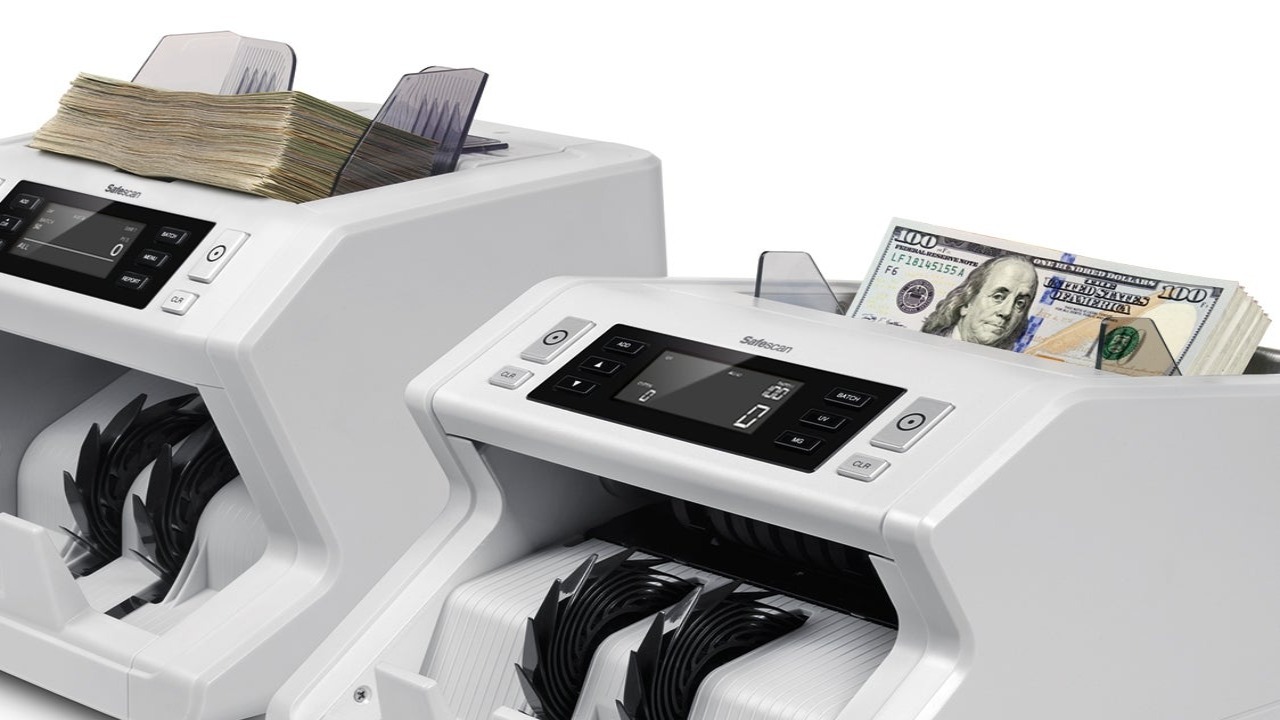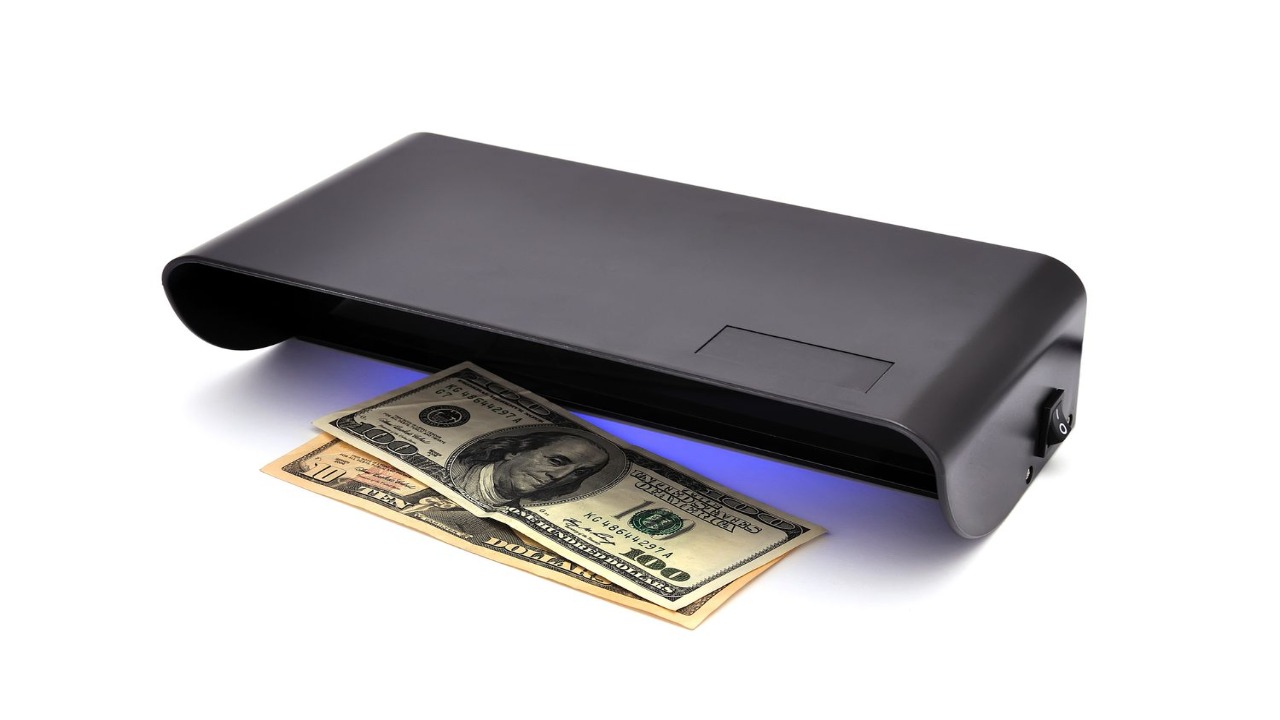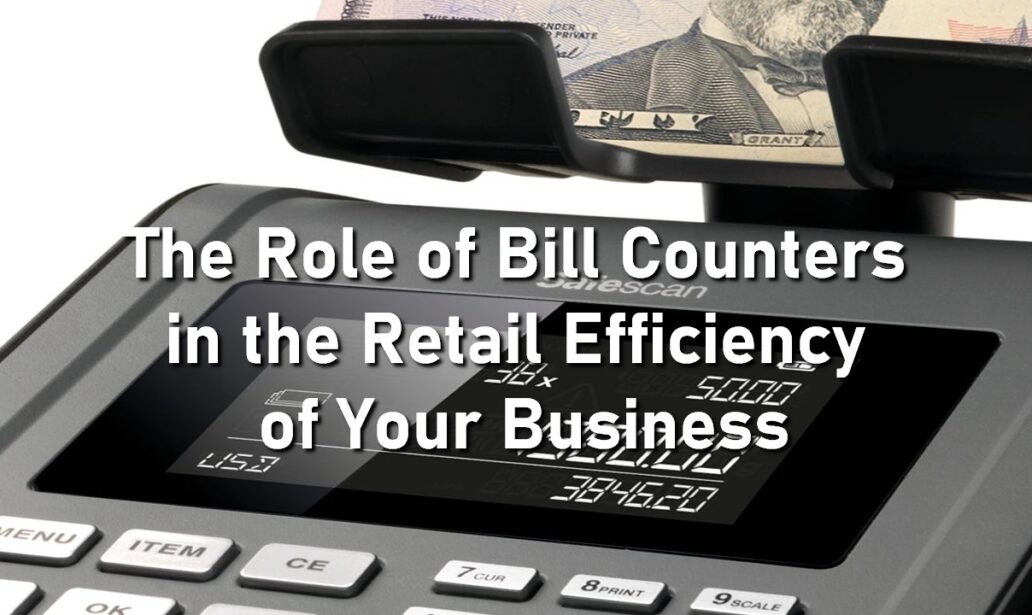In the fast-paced world of retail, efficiency is paramount. One often overlooked tool that can significantly contribute to streamlined operations is the humble mixed bill counter. This unassuming device plays a crucial role in managing financial transactions, reducing errors, and enhancing overall efficiency in retail businesses. In this article, we delve into the multifaceted impact of bill counters on the retail landscape.
Financial Accuracy and Error Reduction

One of the primary functions of bill counters is to ensure financial accuracy during cash transactions. Manual counting is prone to errors, leading to discrepancies in cash registers and accounting records. Bill counters, equipped with advanced sensors and precision technology, can accurately count large volumes of bills in a matter of seconds. This not only minimizes the risk of errors but also contributes to the overall integrity of financial records.
Time-Saving and Operational Efficiency
In a bustling retail environment, time is of the essence. Traditional manual counting methods can be laborious and time-consuming, especially during peak hours. Bill counters automate the counting process, allowing cashiers and other staff members to focus on other critical aspects of customer service. The time saved by using bill counters translates to improved operational efficiency, shorter wait times for customers, and an enhanced overall shopping experience.
Prevention of Counterfeit Currency

Counterfeit currency poses a significant threat to businesses, particularly in cash-intensive industries like retail. Bill counters often come equipped with advanced counterfeit detection features, such as UV and magnetic sensors. These features help businesses identify and reject counterfeit bills, protecting them from financial losses and legal complications. By incorporating bill counters into their operations, retailers can create a secure financial environment and build trust with their customers.
Enhanced Customer Service
Efficiency is not solely about back-end operations; it also directly impacts customer service. Swift and accurate transactions contribute to a positive shopping experience for customers. The use of bill counters enables cashiers to process transactions quickly, reducing waiting times at checkout. This, in turn, enhances customer satisfaction and fosters repeat business.
Streamlined Cash Management
Managing cash flow is a critical aspect of retail operations. Bill counters aid in the efficient organization and management of cash by providing accurate counts and reducing the need for manual sorting. This streamlined cash management process not only saves time but also minimizes the risk of mistakes associated with manual handling. It allows businesses to maintain an organized and accountable financial system.
Compliance and Reporting
Retail businesses are subject to various regulations and reporting requirements. Bill counters contribute to compliance by providing accurate counts and documentation of cash transactions. This helps businesses adhere to financial reporting standards and ensures transparency in their financial dealings. As a result, businesses using bill counters are better positioned to meet regulatory requirements and avoid potential fines or legal issues.
In the dynamic world of retail, where every second counts, the role of bill counters in enhancing efficiency cannot be overstated. From ensuring financial accuracy and preventing counterfeit currency to streamlining cash management and improving customer service, these devices play a pivotal role in the seamless operation of retail businesses. As technology continues to advance, embracing tools like bill counters becomes not only a matter of operational efficiency but also a strategic investment in the long-term success of a retail enterprise.
